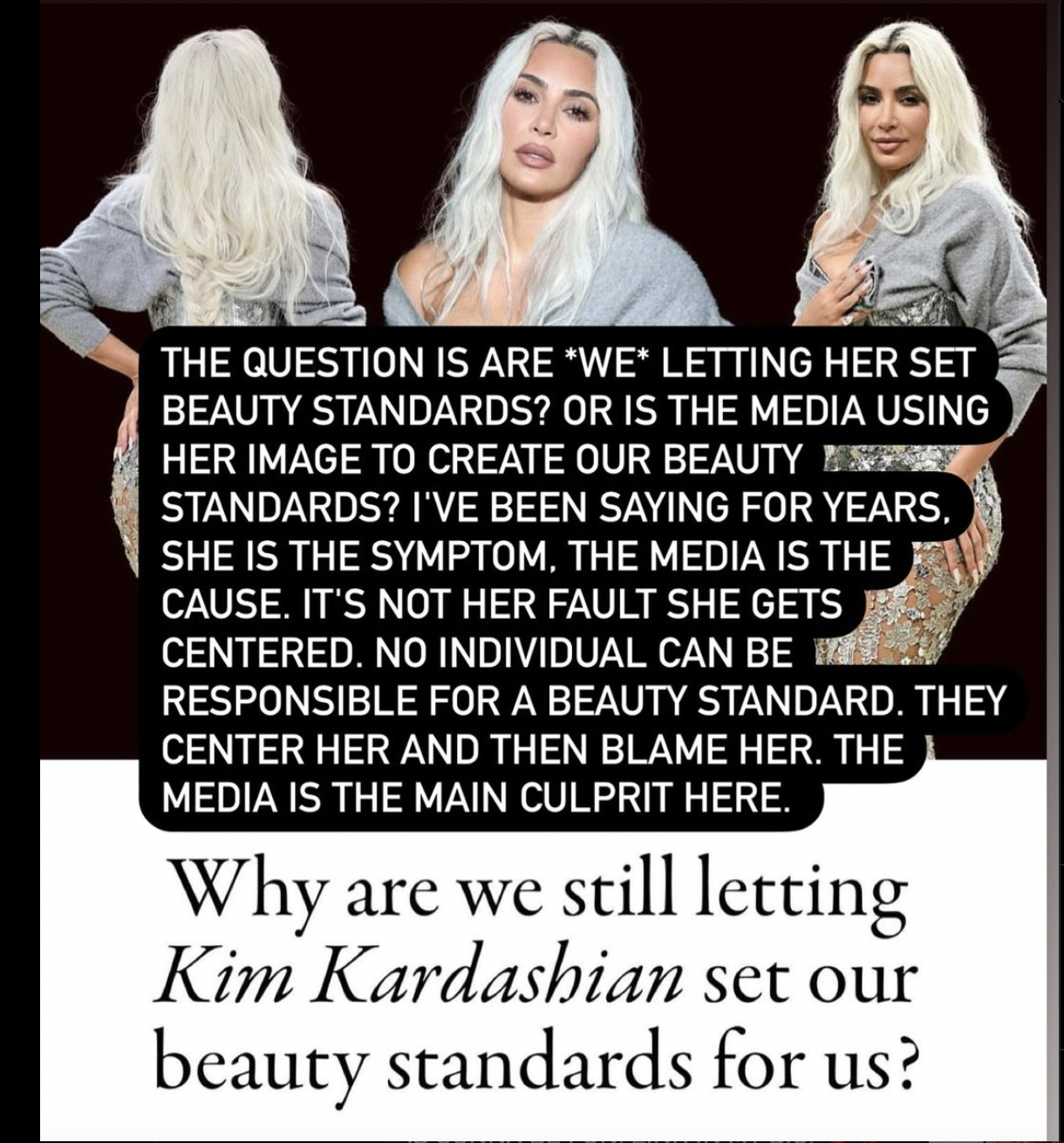Biome and Beauty: The Importance of Skin Microbiome in Skincare and How to Optimise It
Your skin is crawling with critters. But before you cringe, hear me out. As the body's largest organ, the skin serves as a habitat for millions of beneficial bacteria, fungi, and viruses, collectively known as the skin microbiome. Think of your skin’s microbiome like an ecosystem with various species inhabiting it, and the way to healthy radiant skin is to care for those organisms.
You’ve probably heard of the microbiome before in reference to gut health. We’re told to eat fermented foods rich in probiotics – we love yogurt and kombucha at TIB – to put beneficial bacteria inside our stomach. And just how you can cultivate a healthy gut microbiome through your diet, you can also cultivate your skin microbiome through your skincare regimen. Let me explain.
Bacteria and viruses and fungi, oh my
Our skin microbiome works in harmony with our skin cells to maintain a healthy balanced environment. Moreover, the beneficial microorganisms compete with harmful microbes for resources and space. By occupying the ecological niches on the skin's surface, they limit the growth and colonization of harmful bacteria, fungi, and viruses.
All these beneficial microorganisms present on our skin thereby help form a protective barrier, known as the acid mantle, which defends against harmful pathogens and environmental stressors. Additionally, these microorganisms play a role in regulating inflammation, maintaining hydration, and supporting the skin's natural healing processes.
There’s evidence your skin microbiome even influences how you age: certain bacteria may accelerate aging in specific ways, breaking down collagen and making you more susceptible to wrinkles. Alternatively, some microorganisms can produce powerful antioxidants, such as vitamins C and E. These antioxidants help neutralize harmful free radicals, which are unstable molecules that can damage the skin cells and accelerate the aging process.
The microorganisms within the skin microbiome can also break down and metabolize certain toxins and compounds present on the skin, such as sebum and sweat. This metabolic activity produces byproducts that can contribute to the skin's overall health and balance. But when the balance is thrown off and these microbial communities disturbed, this can be the catalyst for a variety of skin disorders: chronic inflammation, psoriasis, eczema, and even skin cancer.
Getting down and dirty
You may have heard of people going poo-free (the shampoo free movement, which seeks to avoid exposing our hair to those nasty sulfates), but have you heard of soap free? It’s also a growing movement.
Proponents argue we’re all overly cleansing ourselves, and harming all those friendly bacteria. Essentially, no one used to clean themselves this much. Of course, the average life expectancy also used to be around 20 or so. But there’s a lot to be said for some middle ground.
For one, excessive hygiene can mean we’re not exposing ourselves to any germs and failing to build up a level of natural immunity. These germ-free bubbles we’re living in don’t spell well for the survival of our species.
But more relevant to our beauty regimes, our skin is actually pretty good at regulating itself. The skin's pH is naturally slightly acidic (low pH), which helps create an environment that is unfavorable for the growth of harmful bacteria. But soap, especially alkaline soaps, can disrupt the skin's pH balance by making it more basic. This change in pH can negatively impact the survival and growth of beneficial bacteria, while allowing harmful bacteria to thrive.
Yet both the soap-free and poo-free movement recognizes that each person is unique – with an individual complex ecosystem on their skin and scalps – and may require different approaches to maintain hygiene. Some individuals may find that their skin benefits from using milder cleansers, while others may prefer to continue using traditional soaps but in a more mindful and limited manner.
How to cultivate your skin microbiome
Because we want to support these friendly microorganisms, your skincare regimen should consider the needs of the microbiome. You want products that nourish all that bacteria and fungi, not strip it away.
Here are some ways to cultivate a healthy skin microbiome:
Gently Cleanse: Opt for gentle, pH-balanced cleansers that do not strip the skin of its natural oils. Harsh cleansers can disrupt the skin's microbiome and compromise its protective barrier. That’s why overexfoliating can be a problem – you’re scrubbing away all these friendly organisms.
Avoid Antibacterial Products: Antimicrobial soaps are designed to kill or inhibit the growth of bacteria, including both harmful and beneficial ones. When applied to the skin, these soaps can disrupt the delicate balance of the skin microbiome by indiscriminately eliminating beneficial bacteria.
Use Probiotic Skincare Products: Incorporate probiotic-rich products into your skincare routine. Probiotics applied topically can help restore and maintain a healthy balance of microorganisms on the skin. You should look for products that contain live microbes, like this Clear Skin Probiotic Masque from Eminence.
Eat Fermented Foods: While you can apply probiotics directly to your skin, you can also consume foods rich in probiotics and let them do their magic from the inside. Kefir, tempeh, kimchi, and yogurt are all probiotic powerhouses containing loads of living microbes.
Protect your skin from pollutants: Limit excessive sun exposure and harsh environmental pollutants that inhibit or degrade microorganisms through oxidative stress. Use sunscreen and antioxidant-rich skincare products to shield the skin and maintain microbiome harmony.
the bottom line
By following these basics, you can embrace a harmonious relationship with your skin's ecosystem and reap the rewards of a revitalised complexion. Take the time to nurture these organisms both internally and externally, allowing the remarkable power of the skin microbiome to create a stunning complexion.
Remember, microbes are your friends, not foes. It’s time they get the attention they deserve.






